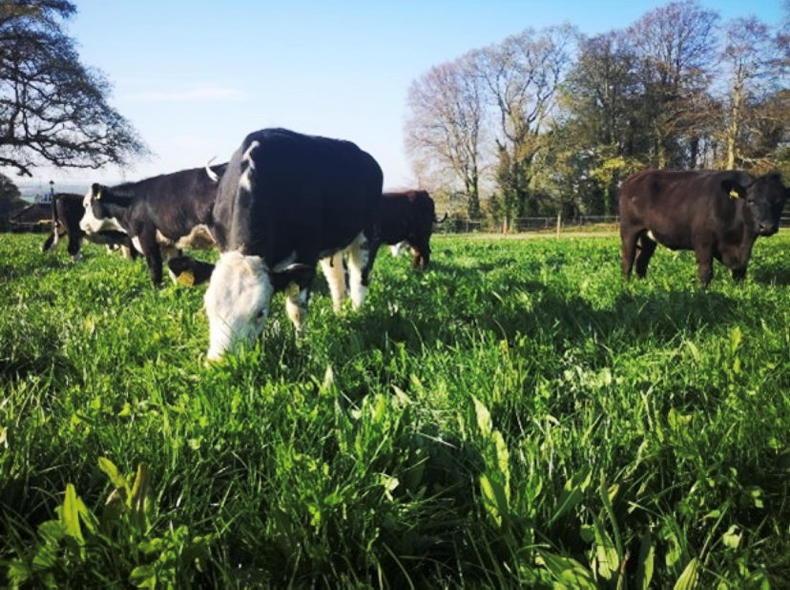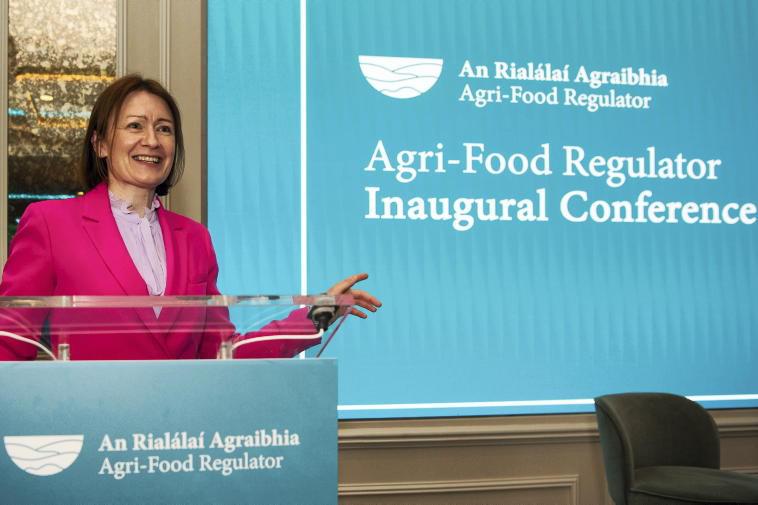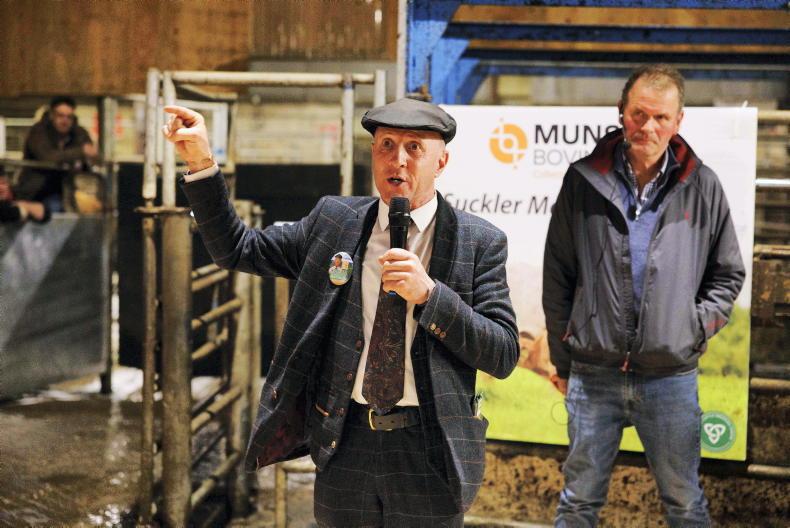It’s very seldom that a private company can make fundamental archeological discoveries and also set the terms for a national debate on grass and livestock production.
With the announcement of the sale of the Devenish-owned Dowth Farm on the banks of the Boyne in Meath, there is a danger that a unique part of the country’s agricultural history will be lost, as well as the first examples of multispecies swards and their potential contribution to carbon-neutral beef production.
Coupled with that on the ground, there has been an extraordinary analytical defence of the value of red meat as part of a balanced diet.
This defence of red meat has been so fundamental that it has forced one of the most widely regarded scientific journals in the world to retract some of its statements denigrating red meat as a safe, wholesome food.
It’s not surprising given the scope of the work associated with Dowth that visitors came from all over the world. The ministers for agriculture from Belfast and Dublin held a joint meeting on a visit there, while European commissioners, Princess Anne from the UK and a parliamentary delegation from New Zealand were just some of those who came and learned.
The prospect of carbon-neutral beef and sheep production emerged for the first time
Archaeologists were dazzled by the evidence of butter manufacturing and dairy farming going back 5,000 years, as well as the astonishing large henge and the underground neolithic passage tomb.
Modern farmers, researchers and policymakers were brought round to acknowledge that modern methods could analyse the amount of carbon sequestered in hedgerows and in the soil. The prospect of carbon-neutral beef and sheep production emerged for the first time. So, where now?
The whole Dowth venture and its activities falls in between the work carried out by Teagasc, the Office of Public Works (which is broadly responsible for historic monuments as well as some drainage schemes, etc), Bord Bia, specialist university archaeologists and to an extent the local planning authority, Meath County Council.
Scientific ideas
There is a long tradition of critical scientific ideas being first put forward by private individuals and as the importance becomes recognised and the cost of implementation grows, the project passes into some form of public ownership with responsibility shifting from private individuals.
The fact that we now have Dowth, as part of a world heritage site, imposes an extra obligation to find a solution that can preserve what has been discovered and can build on the scientific progress that has been made.









SHARING OPTIONS